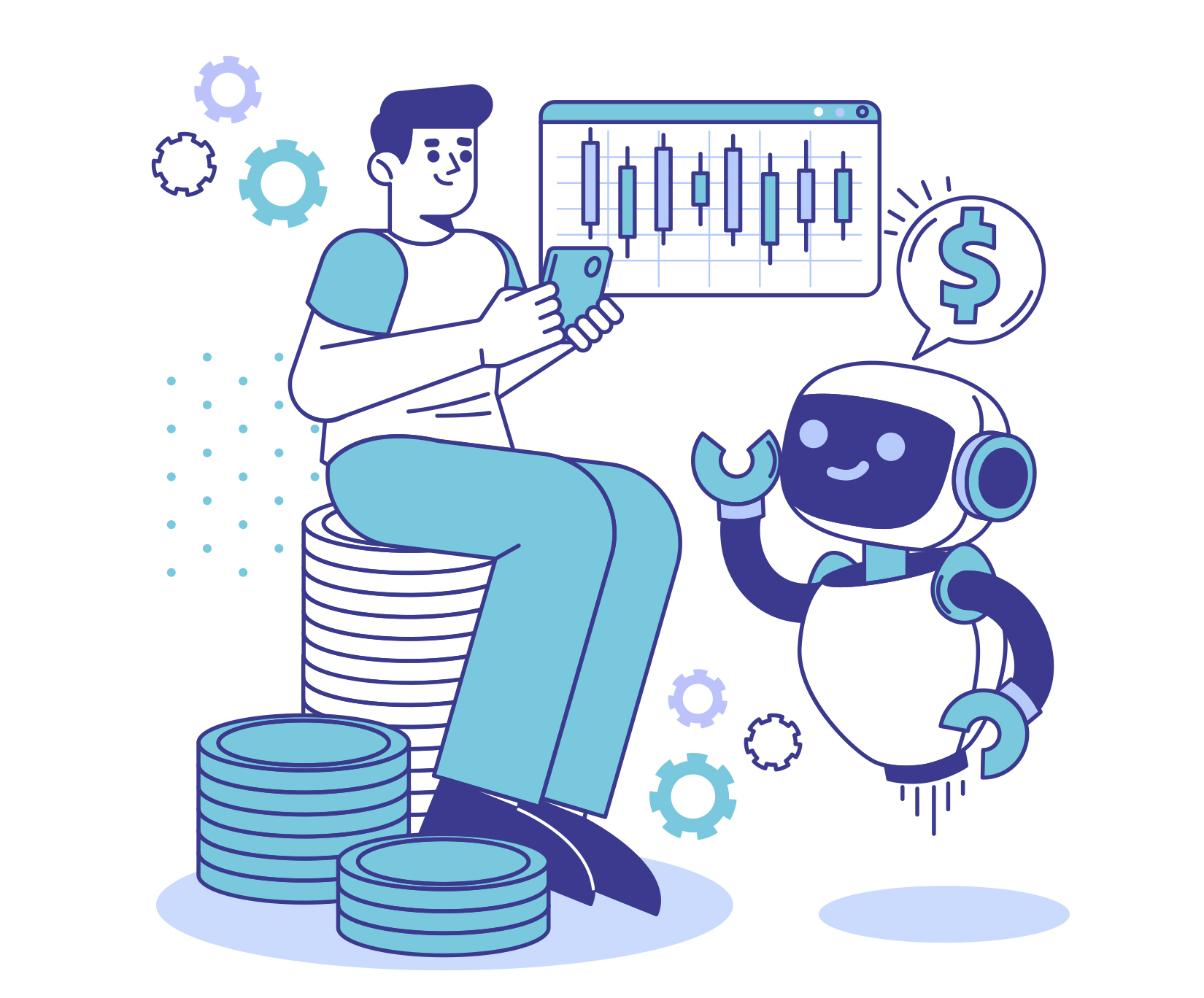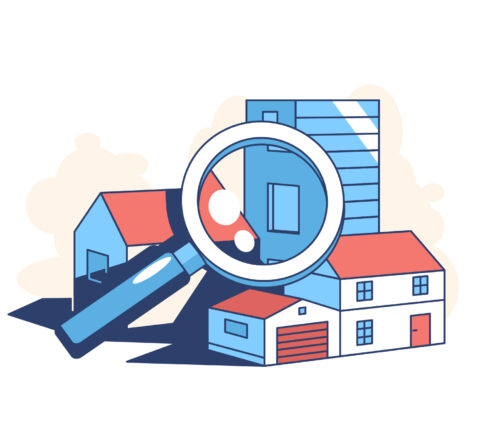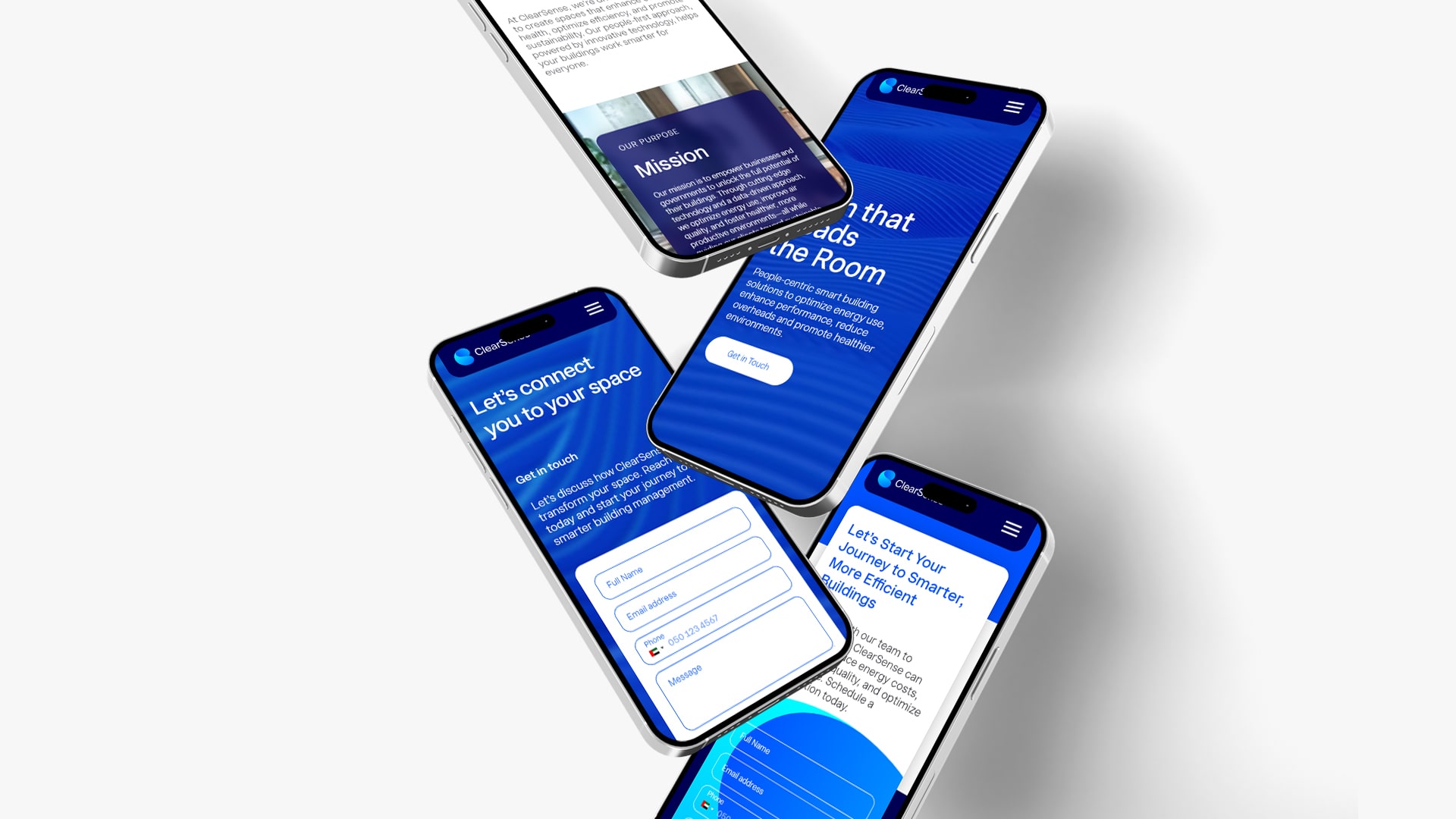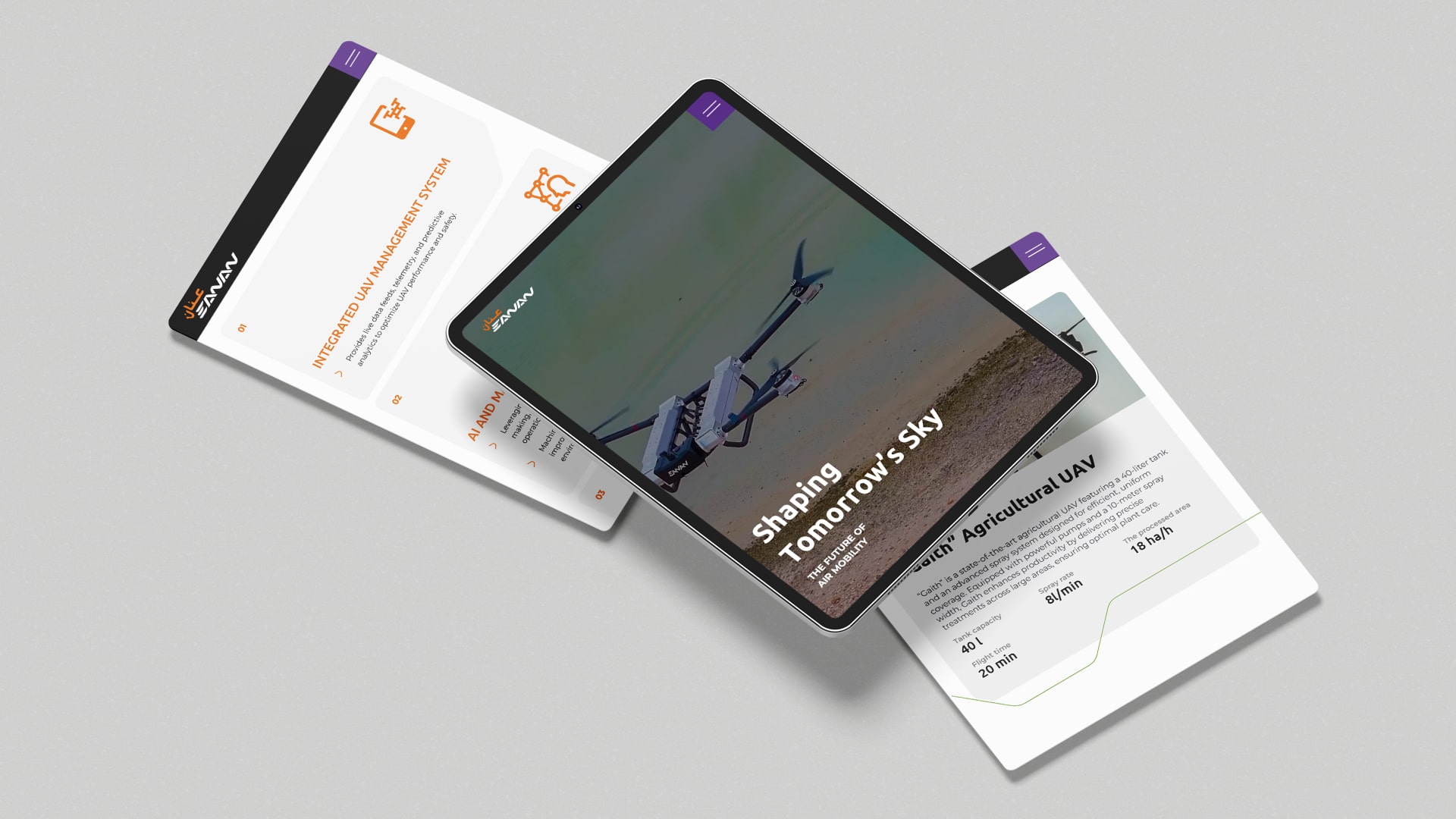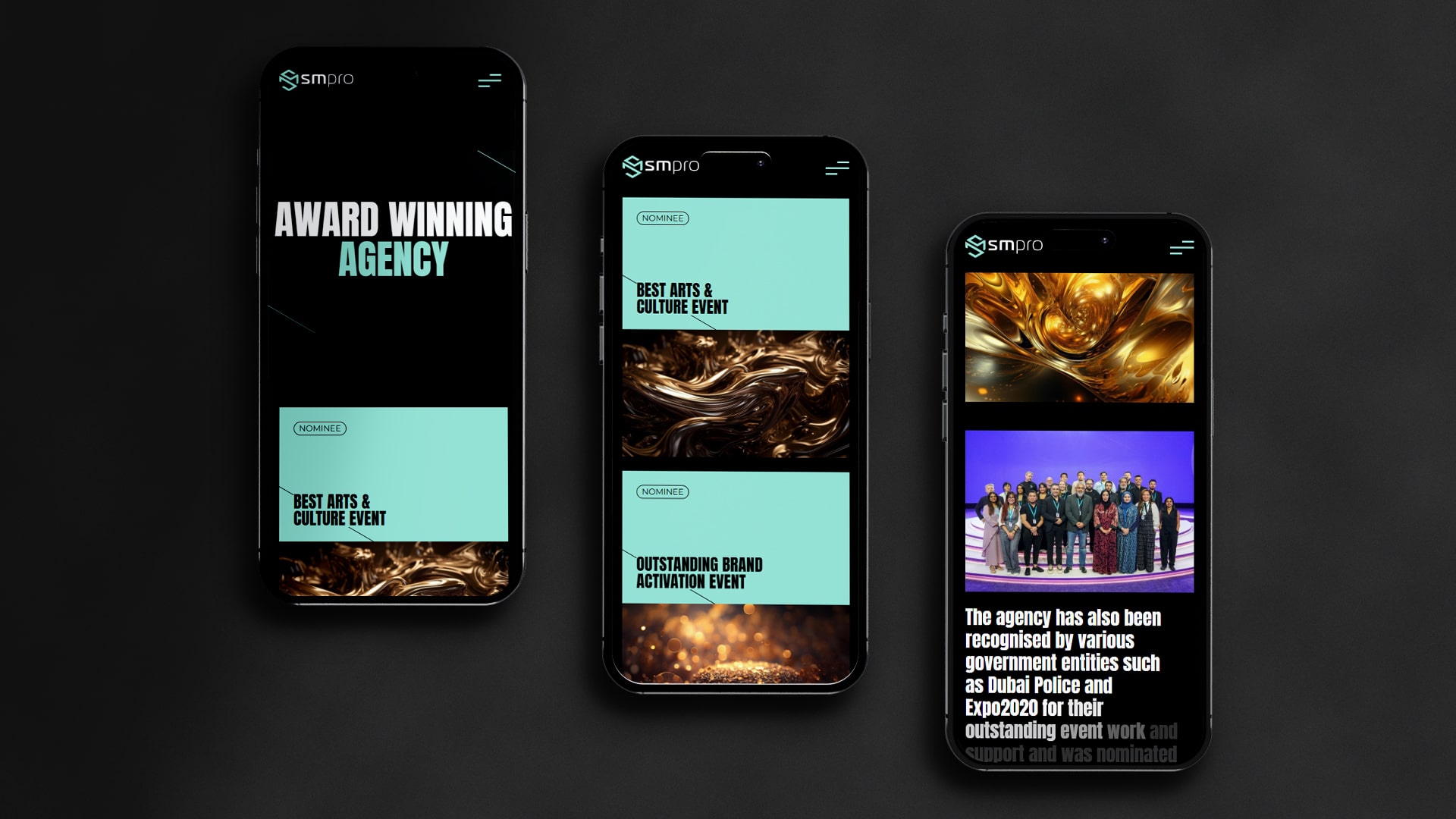Talking about the integration of Artificial Intelligence into digital workflows has gone from trend to standard practice. For SEO professionals, AI is no longer just a novelty; it’s a key driver of productivity, precision, and performance. Now, we need to understand how agencies use AI properly and why it is important for staying competitive in a rapidly evolving landscape.
This blog tells us and gives insight about the way for SEO agencies to use AI from strategy to execution, and highlights real tools, tactics, and insights shaping the industry.
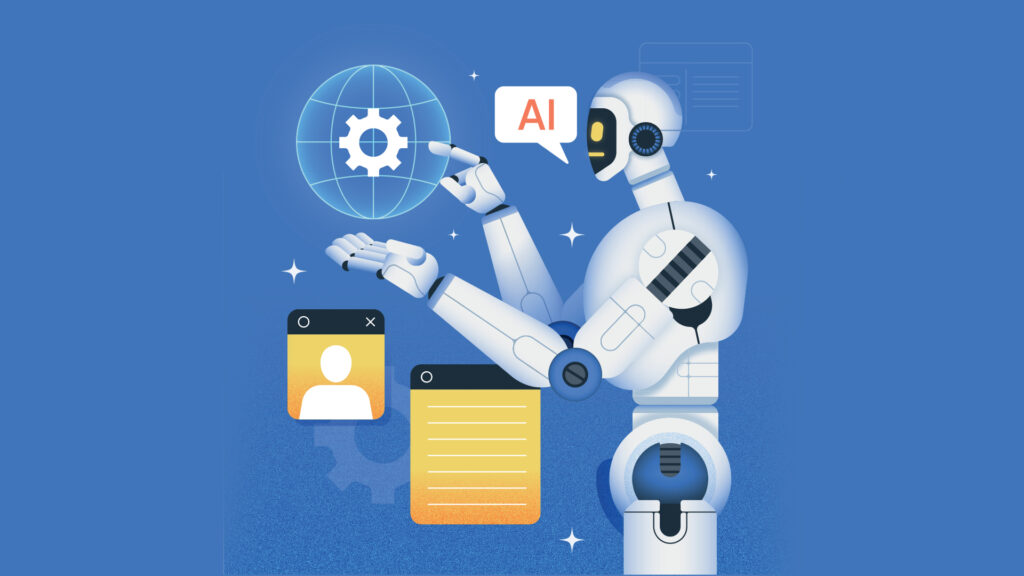
The Places Where AI is Creating a Real Difference
1. Intelligent Keyword Research & Topic Planning
SEO starts with understanding user intention and search queries, but AI significantly speeds up this process and makes it more efficient. So we need to understand a way for SEO agencies to use AI.
Using the AI overview tracker SEO tools, agencies can cluster keywords automatically, predict their seasonality, and discover long-tail variations in seconds. These tools also help in finding content gaps that could have taken hours to establish manually.
It’s a creative idea being leveraged by agencies in AI tool usage, finding intelligent ways to map topical relevance at scale.
2. Content Creation and Briefing
The ability that has assured scalability is content briefs, outlines, and initial drafts. AI-generated content briefs ensure monotonous consistency in writing, while also directing the optimisation efforts of SEO content writers through predictive scoring as the content is being submitted.
Some other softwares are also considered, some AI content marketing tools, offering structure, competitor information, and semantic analysis, all bundled together.
The preferred way for SEO agencies to use AI would be as a co-pilot, blending human touch with automation to invent content that ranks and resonates in life.
3. AI-assisted On-Page SEO Optimization
AI can now assist almost everywhere in on-page SEO, from heading structures, internal linking, and site readability.
Tools connected to CMS platforms recommend changes on the spot, suggest schema improvements, or even highlight anchor text alternatives missed by users, an example of a substantial AI tool’s use by agencies.
Pair this with heatmaps, scroll depth trackers, and performance data to empower agencies to collaborate toward great UX and SEO results.
4. Link Building and Outreach Automation
Here is yet another crucial area that clearly depicts AI tools by agencies. Prospection and outreach have always been tedious, and with the aid of AI tools that are surely identifying prospects, automatically generating emails, and even rating link values, they are streamlined.
This has particularly proven to be helpful for agencies having a limited outreach bandwidth. The AI maintains personalisation at scale and also keeps its effectiveness intact, providing that much-needed boost to the agencies.
5. Performance Tracking & Reporting
AI-based dashboards are capable of automating reports and unifying predictive insights therewith. When integrated by the practitioners with Google Analytics, GSC, and other SEO tools, tracking trends, foreseeing movements in keywords, and spotting technical issues before the traffic fully experiences consequences can be done.
The AI overview tracker SEO systems provide real time alerts about changes and visualisations of rank changes in order to shift performance management from reactive to proactive.
Steps for SEO Agencies to Implement AI Successfully
Implementing AI is not an overnight operation; the organization and integration have to be planned well.
Below are a bunch of steps for SEO agencies to implement AI effectively:
- Begin small – one tool running a single use-case only, for instance, keyword clustering or metadata generation.
- Upskill your team – train your writers, strategists, and account managers to work with AI so that it does not remain in the hands of just a few.
- Map AI to your workflow – identify repetitive or time-intensive tasks AI can take over or enhance.
- Closely monitor and evaluate the results – evaluate the impact by A/B testing and dashboards.
- Do not over-automate – ensure human supervision in all creative, strategic, and editorial matters.
Moving along these steps in implementing AI in an SEO agency facilitates quality upkeep during increased output.
The Right AI Stack: Choose What Works for You
With countless options in the market, agencies have to pick tools that suit their goals and resources.
Here is a simple classification of some of the top AI tools used by agencies for SEO workflows:
- Keyword Research: Surfer AI, Clearscope, MarketMuse
The newer ones know about how agencies use AI to find keyword opportunities, analyse SERP patterns, and cluster topics by intent. They enable agencies to spot untapped potential and align their content strategy accordingly.
- Content Planning: Narrato, Content Harmony, Frase
These planning tools equip and gather automation of briefs, outlines, and content calendars. They assist in aligning content with user intent and SEO goals, thereby saving time and ensuring the strategy is data-driven and consistent.
- Copy & Editing: Jasper, Writesonic, GrammarlyGO
This set of tools assists with drafting, rewriting, correcting grammar, and adjusting tones. The content production has gotten faster, yet the brand voice, clarity, and SEO are maintained across various formats.
- Technical SEO & Tracking: Semrush AI Assistant, Ahrefs AI Alerts
It is interesting to know that AI solutions help in analyzing technical parameters of a site, monitoring the site, and spotting anomalies. Similar tools alert SEO specialists to indexing issues and broken links, while changes in rankings are also promptly reported so that proactive optimization can be carried out against traffic loss.
- Outreach: Mailshake with GPT, Postaga AI
AI facilitates outreach by drafting personalized emails, scoring prospects, and automating sequences. Content marketing makes companies efficient in smartly targeting and tailoring the message so as to procure backlinks.
- Bidding and Targeting Using Artificial Intelligence for PPC
The AI tools for PPC finally optimize the bidding strategy and the segmenting of audience in real-time, so the ad performance would be maximized, wastage of spend minimized, and conversion possibilities enhanced through predictive targeting models.
While each of these tools may offer something unique, integration and ease of use generally mark their adoption in the real world.
Case Study: AI in Action at a Digital Marketing Agency in Dubai
In the wake of 2024, AI-powered search engine optimization became embraced by a digital marketing agency in Dubai.
They had done some automation of keyword research and generation of weekly content briefs using AI. With the start of 2025, they entered writers an AI-based authoring tool system and real-time optimisation tools in their content management system, all while their reporting dashboard received an addition of an AI overview tracker SEO model to early detect ranking drops.
The cash money of this in 6 months:
- 2.5 times more content created
- 6 hours spent per blog post down to less than 2
- Organic traffic increased by 38%
- Link building response rate went up by 21%
Their journey serves as a true example in illustrating how agencies use AI to grow operations without compromising on creativity or performance.
Conclusion: The Future of SEO is AI Augmented, Not AI Driven Alone
AI is not here to replace SEO agencies; it is here to empower them. Hence, the most intelligent way for SEO agencies to use AI by 2025 would be to integrate human creativity alongside intelligent automation.
As these tools arise and change, it will be crucial to stay up to date and adaptable. Agencies that can discover how agencies use AI and understand a balance between tech and touch will flourish and lead.
If you are new to this, consider a content brief generator or an AI overview tracker SEO system for a pilot test. The wins gained from time and energy saved will surprise you!
The future is now; it is a smartly behaving machine.
Related Post
Publications, Insights & News from GTECH


